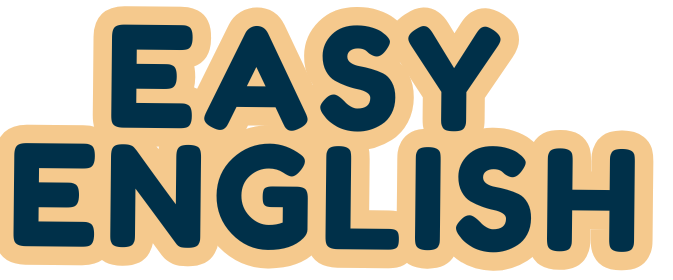پول یکی از مفاهیم کلیدی زندگی ماست که تقریباً در تمام جنبههای زندگی ما تأثیرگذار است. در این مقاله قصد داریم موضوع پول را به زبان ساده و با فرمت مفید برای لکچر انگلیسی بررسی کنیم. اگر به دنبال ارائه یک سخنرانی کوتاه و جذاب در مورد پول هستید، این مطلب دقیقاً برای شما نوشته شده است.
نکات کلیدی برای لکچر ساده انگلیسی درباره پول
در یک لکچر درباره پول باید به جنبههای مختلف این موضوع توجه داشته باشیم. در اینجا چند گام مهم برای آماده شدن آورده شده است:
- شروع سخنرانی با یک جمله جذاب: مثلاً «What is money? It’s not just those coins or bills in your pocket; it’s an idea, a tool, and a power.»
- توضیح مفهوم پول به زبان ساده: توضیح دهید که پول چیست و چرا اهمیت دارد.
- بررسی تاریخچه کوتاه: به اختصار به تاریخچه پیدایش پول و تکامل آن بپردازید.
- کاربردها و اهمیت پول: توضیح دهید چگونه پول زندگی انسانها را تغییر داده و کارها را سادهتر کرده است.
- اشاره به چالشها: از مشکلات مرتبط با پول مانند بدهی، تورم یا تفاوت طبقاتی صحبت کنید.
۲۱ جمله ضروری برای شروع مکالمه انگلیسی از صفر (تمرین عملی با فیلم!)
در این ویدیو، 21 جمله کلیدی و کاربردی برای شروع مکالمه انگلیسی از صفر رو بهتون آموزش میدم. اما نه به روشهای خستهکننده! خبری از گرامر پیچیده و تحلیلهای طولانی نیست. فقط تمرین عملی و تکرار!
متن پیشنهادی لکچر
Hello everyone, Thank you for giving me the opportunity to talk about a topic that affects everyone on this planet: money. Think about it for a second—how often do you see or use money in your life? Today, I’m going to talk about the simple concept of money, its history, its uses, and its importance in our daily lives. What is Money? First of all, what is money? Money can be defined as anything that people use to exchange goods and services. It can be in the form of coins, paper bills, or even digital currencies like Bitcoin. But beyond the physical form, money represents value and trust. For example:
-
When you work, you get paid in money.
-
When you buy something, you exchange your money for it. Money is simply a tool that helps us trade, save, and invest.
A Brief History of Money Now, let’s take a quick look at how money started.
-
Barter System: Long before money existed, people exchanged goods and services directly. For example, someone might trade their wheat for someone else’s tools.
-
Metal Coins: Around 600 BC, metal coins were introduced, allowing people to standardize value.
-
Paper Money: Later, governments began issuing paper money as a lighter and more convenient option.
-
Digital Money: Today, most money exists digitally in bank accounts, credit cards, and cryptocurrencies.
Why is Money Important? Money plays a central role in our lives. Let’s explore why:
-
Medium of Exchange: Money eliminates the need for bartering by providing a universally accepted form of payment.
-
Store of Value: You can save money for future use, unlike perishable goods.
-
Freedom and Opportunities: With money, you can achieve goals like education, travel, or buying a home.
-
Economic Growth: Countries and businesses use money to stimulate commerce and innovation.
Challenges Related to Money While money can improve lives, it can also bring challenges:
-
Debt: Borrowing too much money can lead to financial problems.
-
Inflation: The value of money can decrease over time, reducing its purchasing power.
-
Economic Inequality: Not everyone has the same access to money, leading to gaps between the rich and the poor.
-
Materialism: Focusing too much on money can distract people from non-material values like family and happiness.
Conclusion In conclusion, money is much more than just paper or coins. It’s an idea that connects people, businesses, and entire economies. While it can solve many problems, it’s important to manage it wisely and not let it dominate our lives. I’d like to end with a simple but powerful quote: “Money is a great servant but a bad master.” Thank you for listening!

